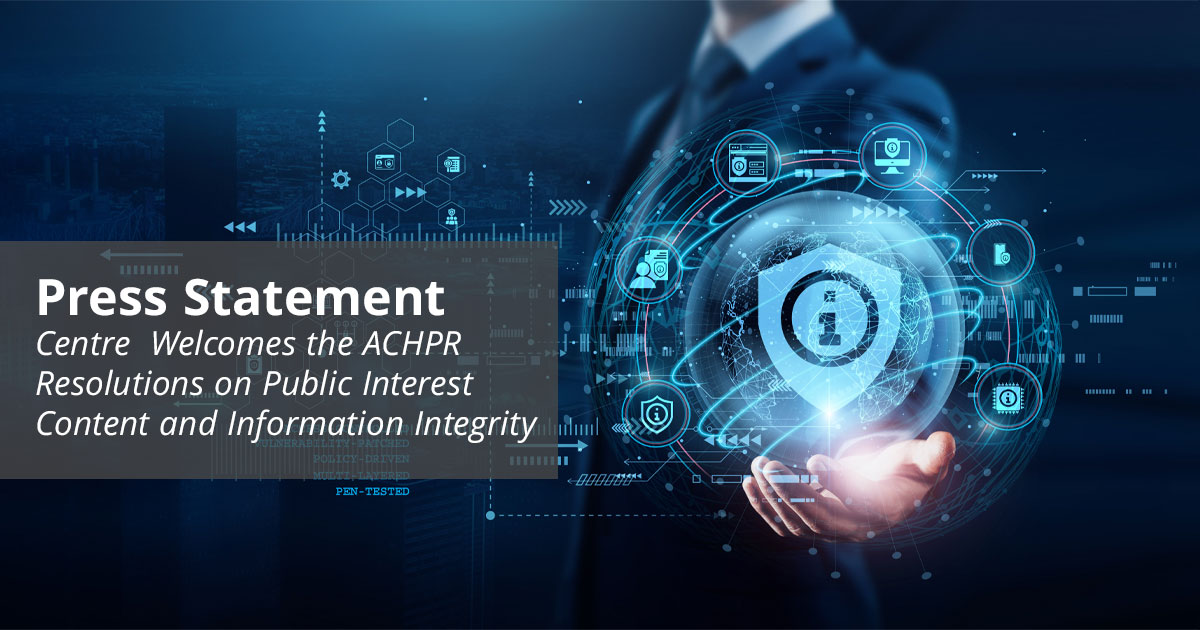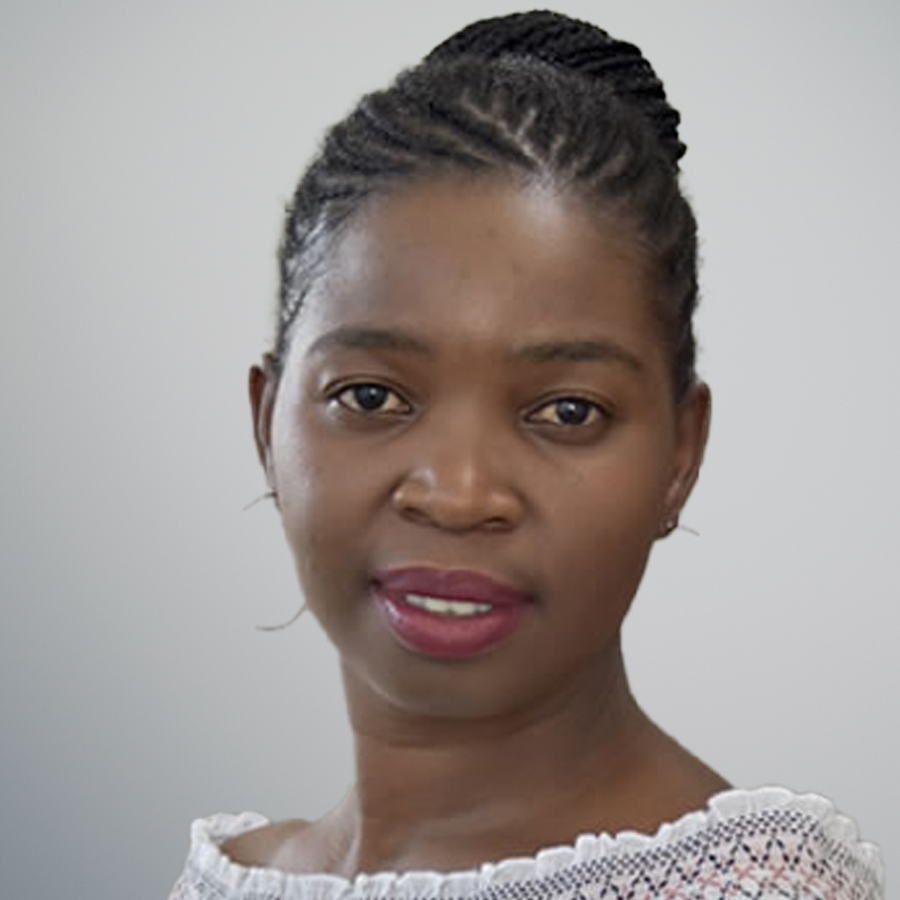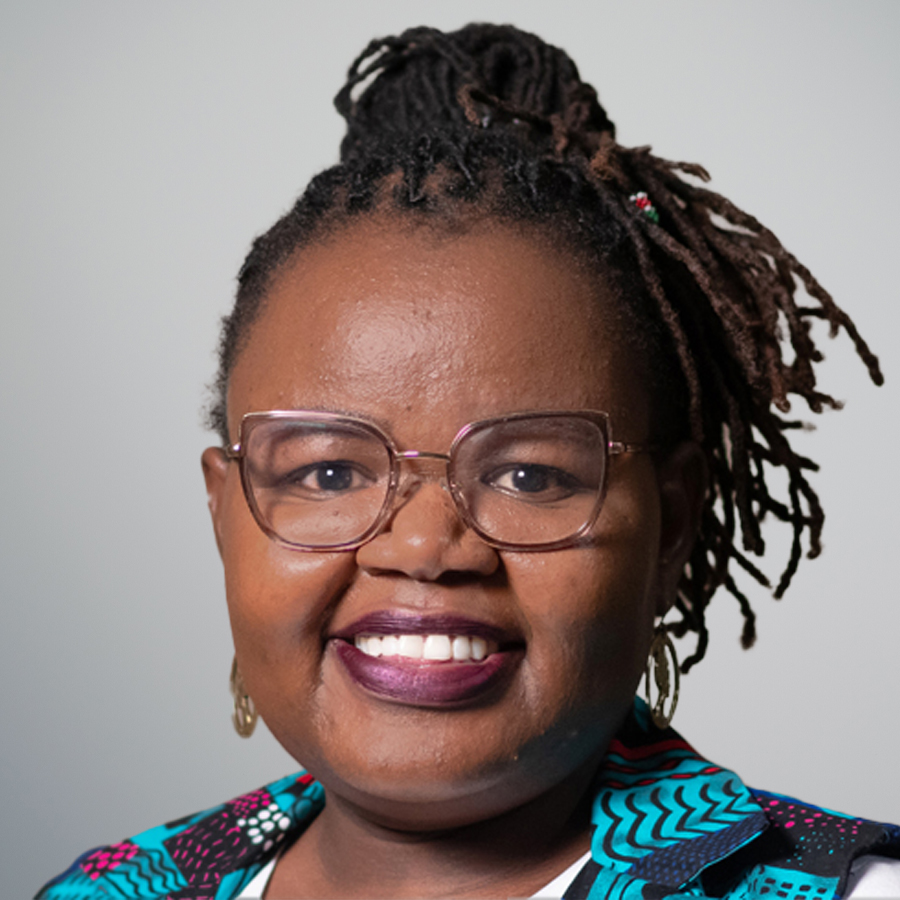The Centre for Human Rights, Faculty of Law, University of Pretoria (the Centre), welcomes the adoption of the Resolution on Working Towards the Assessment of Public Interest Content in this Digital Era and Developing Guidelines to Ensure a Public Interest Element for All Platforms Operating in Africa – ACHPR/Res.631 (LXXXII) 2025 and the Resolution on Developing Guidelines to Assist States Monitor Technology Companies in Respect of Their Duty to Maintain Information Integrity Through Independent Fact-Checking – ACHPR/Res.630 (LXXXII) 2025 by the African Commission on Human and Peoples’ Rights (ACHPR) during its 82nd Ordinary Session.
Across Africa, digital platforms have proven to be agathokakological in nature, having the same potential for evil as they do for good. On one hand, these platforms provide access to critical information, amplify the voices of the marginalised and fuel social change while on the other, they are an apparatus for harm, allowing false information, including misinformation and disinformation to be spread, dissent to be silenced, and divisions to be deepened. These resolutions could thus not have come at a better time.
By committing to assessing public interest content and developing guidelines to ensure platforms operating in Africa serve the needs of the people, ACHPR/Res.631 (LXXXII) 2025 takes a much-needed step toward ensuring that digital spaces remain spaces for truth, democracy, and shared knowledge. Too often, online content is driven by profit-driven algorithms rather than what genuinely serves the public good. This resolution is a call to reimagine digital spaces as places that empower communities rather than exploit them.
ACHPR/Res.630 (LXXXII) 2025 recognises the responsibility of technology companies to maintain information integrity and prevent the unchecked spread of false or misleading information. The devastating impact of misinformation on elections, public health, and social cohesion across the continent has become increasingly evident. From undermining the integrity of democratic processes to spreading false health information that endangers lives, the consequences have been profound. Misinformation and disinformation fuels division, creates distrust, and exacerbates existing challenges, undermining the social fabric that holds communities together. The ripple effect of these issues is felt in various sectors, highlighting the urgent need for effective strategies to combat the spread of false and misleading information. Strengthening independent fact-checking mechanisms and ensuring that States hold digital platforms accountable while respecting freedom of expression is a step in the right direction, in ensuring a more informed and accountable digital environment and safeguarding the integrity of information. This is also essential in striking a necessary balance between regulation and the protection of fundamental rights.
The Centre has long been committed to defending freedom of expression, access to information and digital rights. Through the Expression, Information and Digital Rights Unit, the Centre, ensures that digital platforms and governments are held to account in their governance of the online space including as it relates to protecting the civic space. These resolutions by the African Commission align with the Centre for Human Rights’ vision of a world in which everyone enjoys human rights and democratic governance, including in the digital sphere.
The Centre commends the ACHPR for its leadership in providing a framework for tackling these pressing challenges. A key aspect of this framework is the call for digital companies operating in Africa to adopt transparent human rights impact assessments as part of their due diligence. These assessments, aligned with the UN Guiding Principles on Business and Human Rights, should be applied particularly in elections, health crises, and situations with a risk of violent conflict. Given the significant influence digital platforms have on public discourse and democratic processes, this is a crucial step toward ensuring that technology companies proactively address risks and prevent harm in Africa’s digital space. The Centre remains ready to contribute to these efforts, ensuring that human rights remain at the heart of Africa’s digital transformation. We also call on all stakeholders, including civil society, media practitioners, regulatory bodies, policymakers, and technology companies to actively engage in the consultation and development of the forthcoming guidelines on public service content and information integrity. These guidelines, mandated by the ACHPR, will provide policy direction for universal access to public service content in Africa and establish mechanisms to help States monitor technology companies in upholding information integrity through independent fact-checking.
In the resolutions, the ACHPR:
- Calls on the Special Rapporteur on Freedom of Expression and Access to Information in Africa (the Special Rapporteur) to consult with African role players with an interest in broadcasting, freedom of expression, media freedom, digital rights, access to information policy and lawmaking to assess their concept of public service content in current times;
- Decides to mandate the Special Rapporteur to develop Guidelines for Member States that can assist them in developing a future-focused policy framework for universal access to public service content in Africa;
- Calls on digital companies that provide services in Africa to adopt transparent human rights impact assessments as part of due diligence for any changes being contemplated, or for any upcoming risk situations in line with the UN Guiding Principles on Business and Human Rights, applying these assessments especially in cases of elections, health crises and the possibility of violent conflict; and
- Calls on the Special Rapporteur on Freedom of Expression and Access to Information in Africa to develop Guidelines with all interested parties, such as civil society, regulatory bodies and technology companies, to enable States Parties to effectively monitor the platforms’ performance in order to inform of the efforts to advance information integrity online, including the role of independent fact-checking in the African context.
The Centre for Human Rights encourages African governments to commit to adopting and implementing the forthcoming guidelines to ensure universal access to public service content and enhance their ability to hold digital platforms accountable for information integrity. At a time when misinformation threatens democratic processes, public health, and social stability, these guidelines will be instrumental in setting clear standards for fact-checking, content moderation, and responsible digital governance.
Together, we can build a digital environment that champions truth, diversity, and the public good across Africa.
For more information, please contact:
Tel: +27 (0) 12 420 4199
hlengiwe.dube@up.ac.za
Tel: +27 (0) 12 420 4199
Ivy. Gikonyo@up.ac.za


